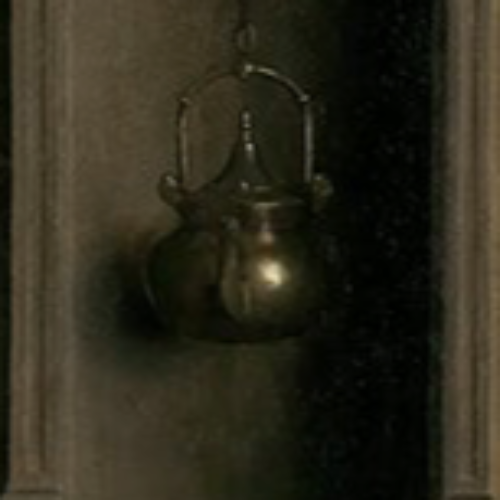We (I) know nothing about Shakespeare
I picked up Othello yesterday and am now pretty fascinated of the time period Shakespeare lived through. I'm not sure how it took me 32 years of life to figure this concept out but England during this period was class based. Lords, Kings and the bunch. What I didn't know until yesterday was people weren't exactly free. You had to have a lord or some kind of connection to the class life else you were homeless or vagabonding. Which apparently was a criminal offense.
So what playwriters and actors had to do was form guides or be part of a Lords "home" as if he owned them. This also meant the job you had literally identified your stature in life. One might become a land owner but not without first being a literal slave to an owner. As a medieval fantasy writer, this actually changes a lot of my concepts and I actually almost like it for his conflict of the MC and his/her's own wishes.
I also find it interesting that there's a "myth" that we know less about Shakespeare than we really do. It seems we have an unlimited amount of documents about him. As Othello's (Russ McDonald) introduction explains "...more information has survived over the past four hundred years about William Shakespeare of Stratford-upon-Avon, Warwickshire, than is likely to survive in the next four hundred years about any reader of these words." I wonder if this hold true with the advent of the internet but it's the cold hard truth of the matter.
As a side note, when I first started using the internet as a teenage I used an alias. Even though that alias still exists on the specific sites I used it, searching for it on Google is a very difficult task without providing more hints. It seems the algorithms don't care for historic content but instead recommends search results that are "close." The typical Did you mean... response.
The introduction to Othello also brought to light the idea that Shakespeare was too uneducated to actually write his plays. It's comforting in some way to see trolling didn't start on the internet and factions of "truth" existed even 400 years ago. There are two major theories, Oxfordian and Baconian, that suggest men of higher education and status could have been the real brains behind the productions. The fact that there are actually two different factions on this idea of a false poet is enough for me to dismiss it but I like the idea that the Shakespeare we know today isn't the work of the original Shakespeare.
This is evident in the historic folio's of his most famous plays and poems. Apparently folks were buying copies of the plays in printed press form. Which again absolutely blows my mind. I sometimes disconnect time periods as in my own mind they seem naturally disconnected. The print press was common by the 1500s and thus bulletins, books and more were being created on the daily.
I sometimes think because of the photograph but more so record video time periods with this technology is some how more modern. To see Pablo Escobar in color film makes him see alive and well even after death. Paper and the written word seems like a natural extension but in my mind it's still ancient artifacts but the printing press seems like something we've only had for a 100 years. Which is why I like reading non-fiction, I need to fill these gaps.
Regardless, the fact that multiple copies of Shakespeare plays exist with different wording teach us two thing; one, plays are fluid and change with the audience and times and two, Shakespeare probably didn't write the versions we know today. He wrote the concept, the major plot but the exact dialog differs so much between versions that the question of "did Shakespeare write X?" in theory is no but he did create it. It's like asking "Did Steve Jobs build the iPhone?" Not exactly, he had the vision but his employees at Apple were the ones who created the final product. Does that mean Steve Jobs shouldn't get credit for it? Maybe that's a topic for a different article.
Learning about Shakespeare on my free time has been a delight and I just picked up the book "William Shakespeare, A Very Peculiar History" to dig in deeper, even at a surface level, I'm enjoying the history. You might be wondering, what about Othello? I read and re-read the first 3-4 pages multiple times and it's difficult to read. It's written as a play not a novel so I guess that makes sense. I want to read more history for now but I'll return to Othello, I want to read at least one play this year.
2
